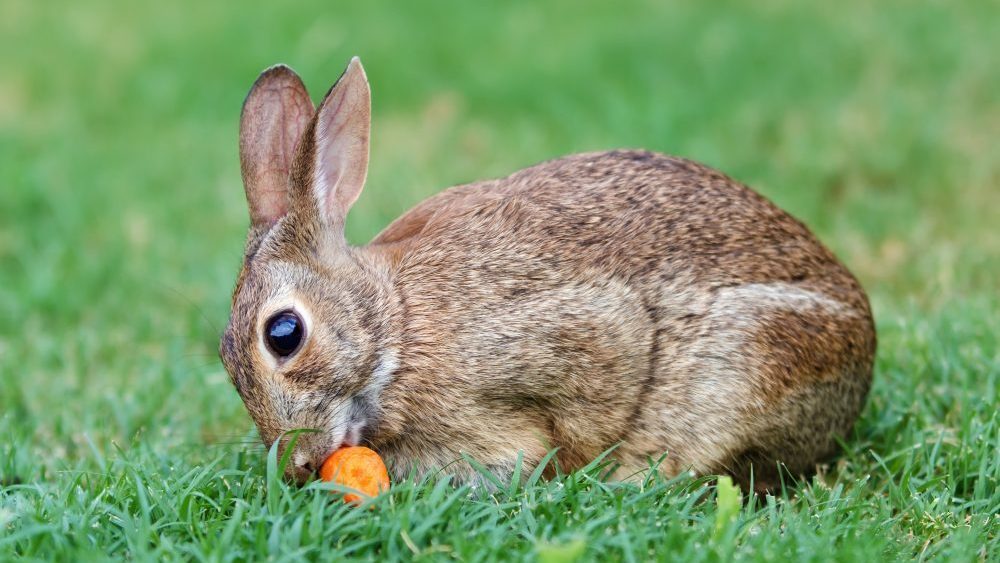
You put a lot of TLC into your gorgeous roses, only to have deer eat the blooms. Your tomatoes were just getting ripe when a squirrel gnawed big chunks out of them. Even your own pets may occasionally take a nibble of a prized plant in your garden. Instead of getting angry, learn how to outsmart the critters in your life.
Domestic animals. Though dogs and cats are naturally carnivores, they will occasionally eat plants, some of which may be dangerous to them. Cats are more likely to do this than dogs. Ingesting decorative plants such as crocus, oleander and daffodils can have harmful side effects on domestic animals. Discourage plant nibbling with organic-based sprays.
Deer can be destructive in the garden. Grazing on your grass is not so bad and their droppings provide natural fertilizer. However, deer also like to eat many plants, chewing foliage down to the stems. To keep deer at bay, check with your local nursery for plants that deer don’t like. Blooming plants, such as crocus, daffodils and lavender, and bushes such as boxwood and oleander repel them. (Oleander is actually poisonous.) Fencing around a vegetable garden is a great protection as long as the fence is tall enough to prohibit jumping. A motion activated system that sets off a sprinkler or creates a loud noise may also scare deer away temporarily.
Squirrels will be less interested in your established flowerbed plants and more drawn to your vegetable garden or to seedlings. Rabbits will eat pretty much anything in your garden and tender plants in your flowerbeds. Deterrents include dog urine and owl statues, particularly if the owl turns its head and makes sounds.
A garden completely enclosed with chicken wire will also keep them out, or you can build individual cages around plants. Some homeowners use traps to capture the animals for relocation. However, it won’t take long for other squirrels or rabbits to move in. Also, check your state’s wildlife commission rules to see if squirrels or rabbits are considered protected game animals.
Raccoons are smart and have grasping front paws that can unlatch doors, open containers and expertly climb. They will eat your strawberries, potatoes and especially love sweet corn. Building barrier fencing is the most effective measure, although with raccoons’ climbing skill, fencing may need to extend overhead or be electrified at the top. Raccoons may also be trapped and relocated, but wildlife experts caution that they may not survive being moved into the territory of other raccoons.
Spray deterrents. Some gardeners have success deterring animals by using ill-tasting sprays. Pet stores, nurseries and hardware stores sell these sprays or check online for recipes for homemade sprays using ingredients like cayenne pepper, garlic and mild soap.



Leave a Reply